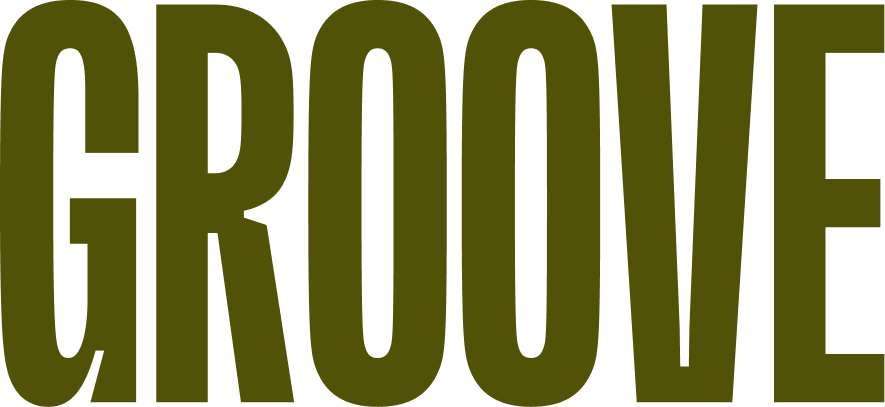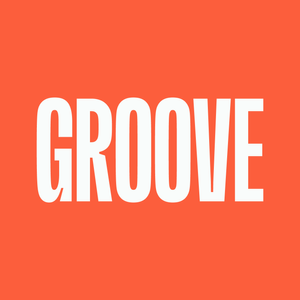The more the merrier or flying solo
The freelancing dream: one of its great appeals is the freedom, the flexibility, working for yourself.
I’ve been enjoying these perks of freelancing for nine months now, but there’s been one consistent downside to freelancer life I can’t shake: it can feel a bit lonely.
Do we need a team as freelancers, and if so, what does that team look and feel like?
The startup model
Before freelancing , I spent ten years working in house at early stage startups where the culture was all hands on deck and everyone was “down for the cause.” Everyone was passionate and full of energy about what we were creating.
I loved building something with others who were all on the same page about working hard, getting creative, and having fun along the way. I was the first to sign up for company sports leagues or start an office book club. I’m still close friends with many of these coworkers, even as we’ve moved to new countries and fields of work. Yes, that means successfully moving The Bachelor watercooler Slack channel to Whatsapp.
For those ten years, I had true work-life integration — my friends were my colleagues and my colleagues were my friends.
Sounds ideal, right? It was, for the most part. But, when you work on teams that aren’t set up to fairly compensate, promote or reward each person, it can breed resentment towards the company, yourself, and even each other.
The freedom of freelancing
When I decided to freelance, I had the urge to untether everything personal from my work and not aim for work-life integration, but instead a true balance and separation. My book club would be at 7:30pm on a Tuesday night with friends who have nothing to do with my work, not over lunch hour.
Through these months of “conscious uncoupling” my work life from my personal life, I’ve had a myriad of long discussions with friends and peers who are in the same stage of trying to understand what work really means in their lives, and how much of it should be tied to their lifestyle and social life.

Working only for myself, I’ve managed to separate my feelings of worth and identity from the quality of my work (well, most of the time — I’m only human after all). I feel challenged by my work, but with a healthy distance from it that means my work doesn’t reflect on who I am overall.
I’m not trying to get all my fulfillment and satisfaction from my job, since that job isn’t just one thing — I jump from project to project and work on a variety of companies and products.
The greatest liberation came from looking at my calendar and realizing my days were mine and no longer filled with back to back meetings. I could create true focus time and not feel pressure to respond to emails or Slacks after 7pm.
In some ways, the transition to freelancing has been like going through a necessary breakup, and I’ve been enjoying my time being single.
But eventually, we’re all drawn back to the metaphorical dating pool, right?
Work is a social experience
We spend eight hours a day on work, give or take, so can we truly fully separate work from our social lives? Maybe some people can, but over the past nine months of freelancing and three years of working remotely, I’ve learned I don’t necessarily want to.

I find myself missing the built in social structure that comes from running into coworkers day after day by the coffee machine or on the company Slack channel about pets. I’m not alone in this: the top reason Brits go to work is for “the people.”
I know that what I was doing before didn’t feel right, but freelancing completely solo doesn’t either. I no longer think of potential coworkers as a “family” because ultimately, work needs boundaries, and there will always be pay and power hierarchies involved. But, I do miss psychological safety and being a part of a team all working towards the same goals.
I leapt from one end of the spectrum to another, and now I’m ready for a middle ground.
How can freelancers find their “team”?
What is the right balance of flexibility and structure; independence and interdependence; healthy distance and passion?
It’s different for everyone, but some methods I’m exploring now are:
- Subcontracting on certain projects to expand the scope of work and collaborate creatively with someone else
- Considering an ongoing partner or hiring someone more junior to complement my skills and work together consistently
- Participating in Grooves at least twice a day. These small group deep focus sessions connect me with short doses of support and social interaction with other creatives around the world.
- Connecting and seeking and giving advice via niche freelancer groups on Slack and/or Facebook.
- Building my networks on LinkedIn and Lunchclub. I find these more functional for introductions rather than sustaining relationships, but plenty of people use it for that purpose too.
If there’s one thing I’ve learned from nine months of freelancing (a drop in the bucket!): freelancers, entrepreneurs and other hybrid workers love helping each other and making authentic connections.
No one wants to feel lonely at work and “team” is a different concept for everyone, so I recommend taking on an explorative mindset, trying a bunch of methods, and seeing what feels best for you.
Join me in a Groove! Sign up for Groove’s waitlist for a chance to join Groove’s Beta and join our work community of creatives around the world. Groove’s small group, deep focus work sessions help you craft a more satisfying, intentional day.


